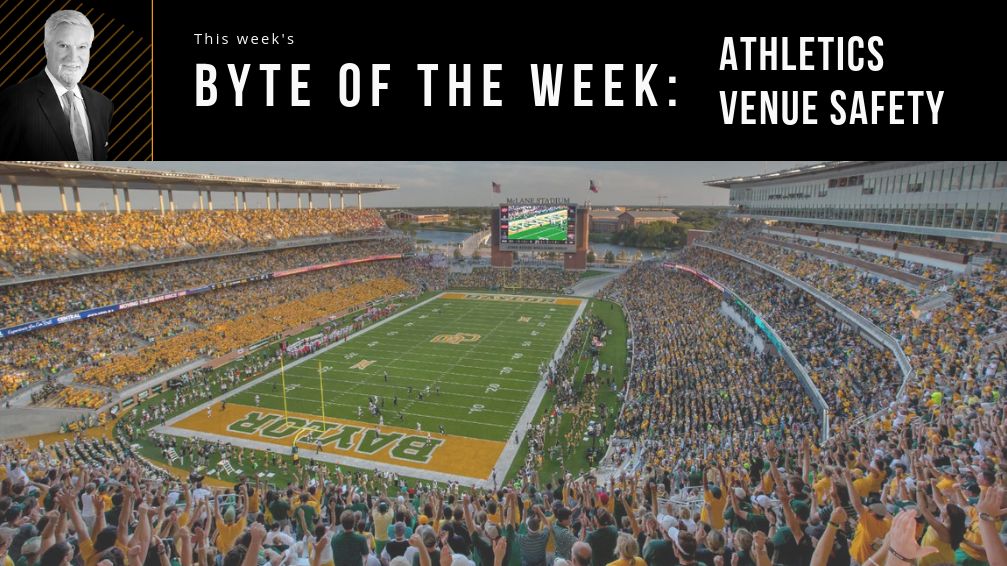Thankfully, this holiday season, there were no terrorist incidents in our country. But our sports stadiums, arenas, and events are particularly vulnerable to such assaults. I know this from personal experience having been an Olympian in the 1972 Munich games that were marred by a horrific terrorist attack.
Security costs to protect our sports events have grown exponentially in the aftermath of the 911 attacks. The Munich Olympics spent a paltry $2 million on security measures while Tokyo next year is projected to spend around $3 billion on security at their Olympic games.
The federal government has been a partner in helping protect sports facilities. The SAFETY Act (Support Anti-Terrorism by Fostering Effective Technologies) passed in 2002 by Congress provides liability protection for those facilities that use security best practices and state-of-the-art security technologies to protect their venues. Teams from the NFL, MLB, and NBA have received this legal protection by upgrading and strengthening the security at their stadiums and arenas with the help of the SAFETY Act.
Even our colleges are stepping up. At Baylor, through collaboration with the SAFETY Act, the Bears have implemented countersurveillance, using campus and local police dressed up as fans to identify potential threats.
Our colleges can look to the pros for examples of finding a balance between risk management that offers appropriate security, yet doesn’t detract from a spectator‘s enjoyment of the event.
It is vitally important that our colleges continue to be proactive on the critical issue of safeguarding the thousands of athletes and fans who participate and attend our collegiate sporting events.
That is our Byte of the Week.






